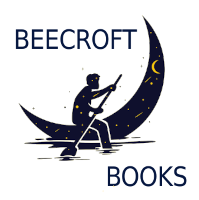Write On – a short practical guide to becoming a published author.
Getting Started – the tools of the trade. Hoards of people want to write a novel. Just as doctors find that everyone they meet tells them about their ailments, authors find that everyone tells them about the novel they intend to write. Authors generally nod politely, say “oh, how interesting!” and go home secure in…
